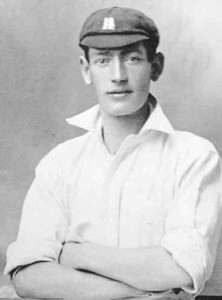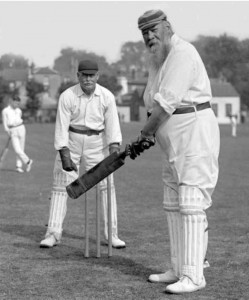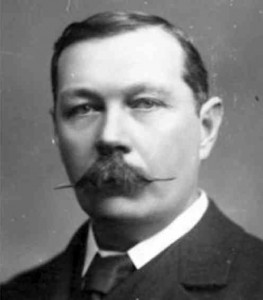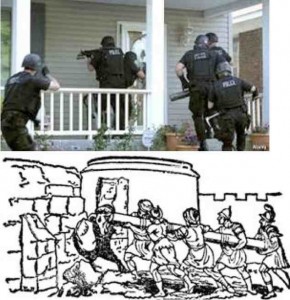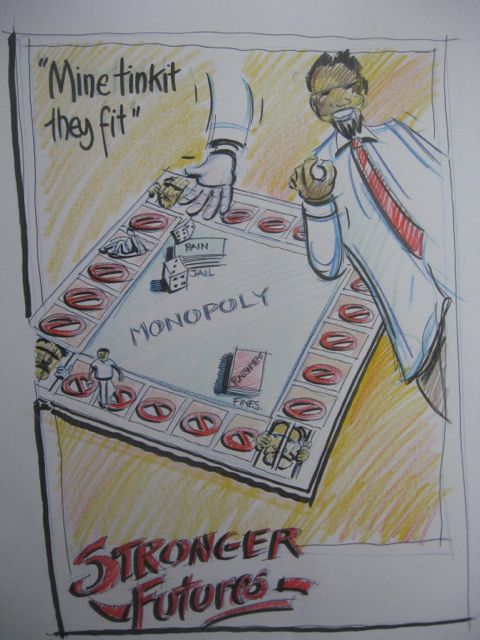Bună ziua prietenii mei, sper totul merge bine cu tine,
Not long before Christmas 1974 we lived in Darwin.
When Cyclone Tracy struck, an Intervention was launched, headed by Major-General Alan Stretton.
Some years after, on a visit to Darwin, I came to the realisation that considerable damage had been done to the social fabric.
On the 40th anniversary of Cyclone Tracey, a retrospective was shown on television.
Locals spoke of their resentment and frustration when outside experts had taken over control and sidelined them.
The locals lacked accreditation, and were thus prevented from doing their bit in repairing the damaged social fabric.
In 2007, when a category 5 election loomed , an Intervention was launched, headed by Major-General Dave Chalmers.
Locals spoke of their resentment and frustration when outside experts took over control and sidelined them.
Considerable damage was done to the social fabric of remote communities in the Northern Territory.
The locals lacked accreditation, and were thus prevented from doing their bit in repairing the damaged social fabric.
• What follows is a work of fiction. Any similarities to real events and people is unintended and entirely coincidental.
A man took a wrong turn on a bush track and got lost and his vehicle and trailer became seriously bogged.
It took four days before he was found by someone that was very familiar with local tracks by following the vehicle and trailer tracks.
He tracked him down.
- A search and rescue expert, arrived from the big smoke and met with a group of locals. The expert praised the local team effort which had only narrowly avoided a tragedy.
The meeting then proceeded to discuss and work out what had been learned from the incident and the expert generously contributed his expertise. All are now better equipped to in future deal with such an emergency. - Constable Plod, in charge of search and rescue, arrived from the big smoke and met with a group of locals. The expert chastised the locals. They should have contacted the expert in the first place. None of the search party had accreditation to embark on such an effort….. Indeed ‘Right can be wrong’
A Rocket To The Moon: Lost And Found…..
https://www.youtube.com/watch?v=K9fYltbCUCA
Old man on his way back home late from work today
Far out on a dirt road, he couldn’t find his way
With tears in his eyes he knew there’s no one in sight
And tried to tell himself that it’ll be alright
Why’s it always darkest right before the dawn?
If liars can be honest, and right can be wrong
Vă poate lua toate acreditare
Franklin
Amazing Grace…I once was lost but now I’m found…..
https://www.youtube.com/watch?v=UvYIjFtPQEk

